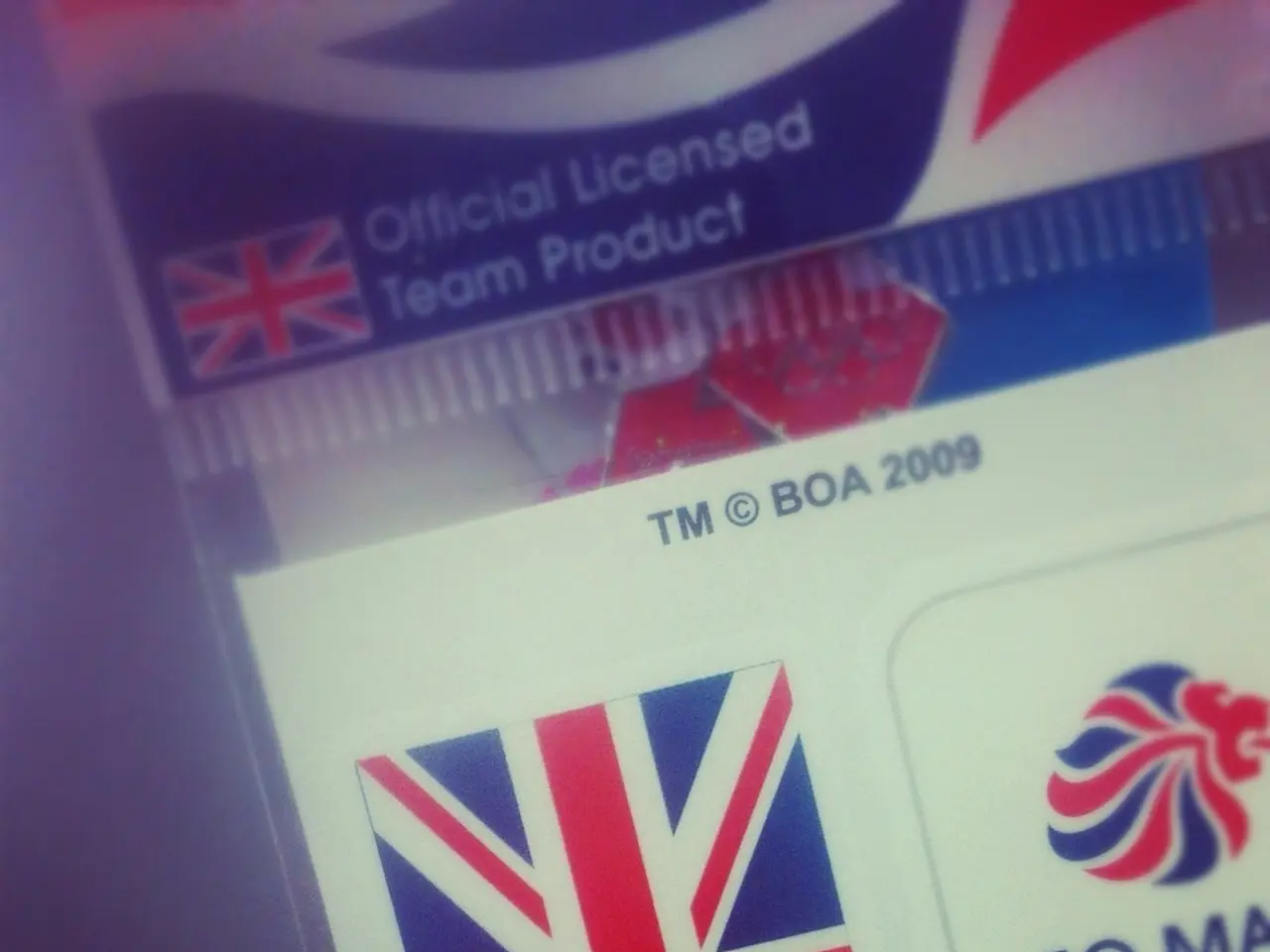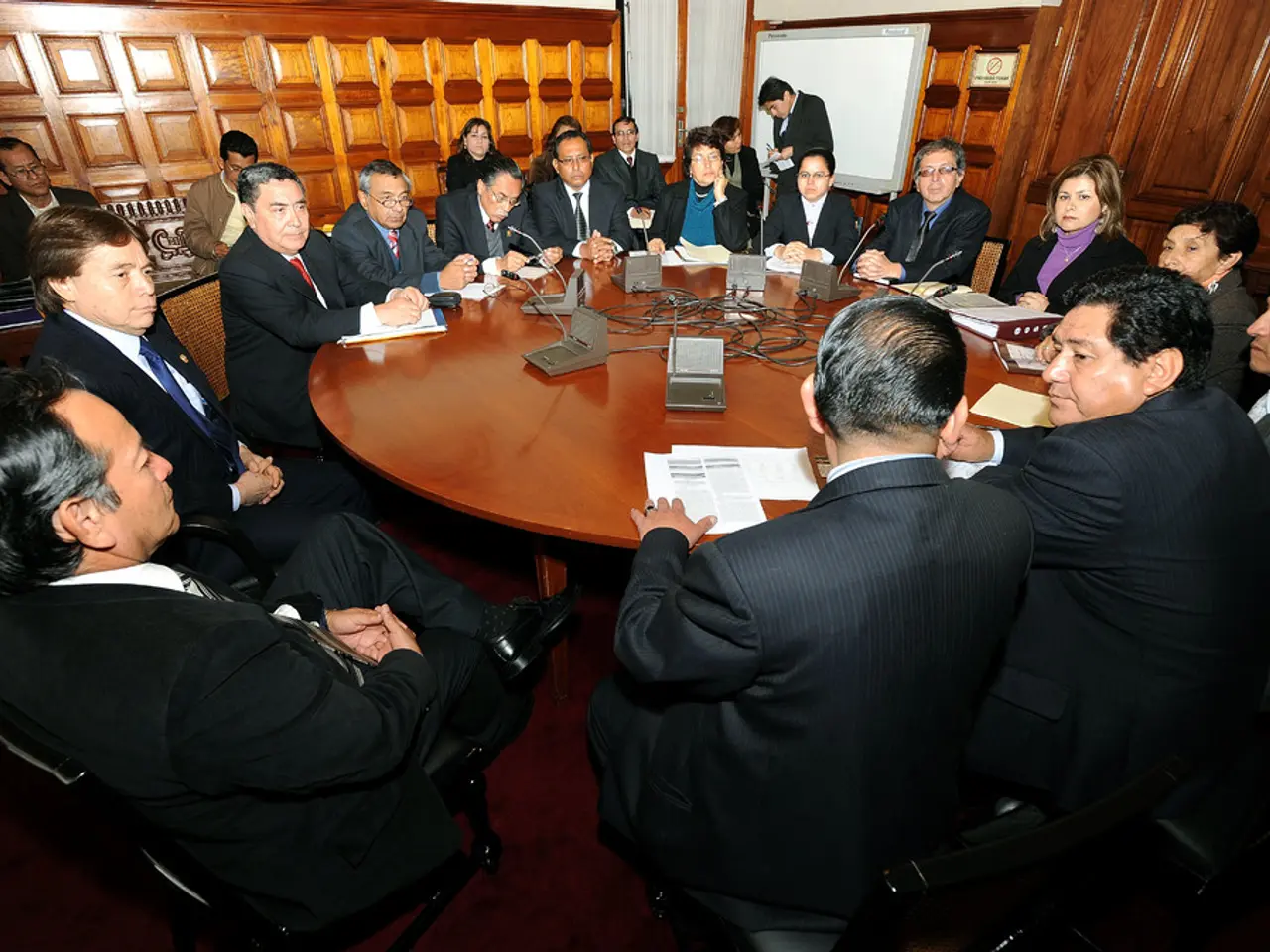Online safety legislation in the UK poses a threat to freedom of expression, asserts X
The UK's Online Safety Act (OSA), intended to protect children and remove illegal content from online platforms, has sparked controversy due to concerns over its broad regulatory scope. Critics argue that the law's implementation, which includes social media giants like Facebook and YouTube, as well as sites hosting pornography, risks stifling free speech and censorship of legal content [1][2].
One of the platforms affected by the OSA, X (formerly Twitter), has voiced concerns about the unnecessarily tight timetable for meeting mandatory measures and the potential for over-censorship. The company, which advocates for a balanced approach to protect liberty, encourage innovation, and safeguard children, has expressed concerns that the law's regulatory reach may overshadow its laudable intentions [2].
Critics highlight that the Act's enforcement by Ofcom, with large fines and potential personal liabilities for executives, pressures digital platforms to err on the side of censoring content, even legal speech, to avoid penalties. This regulatory uncertainty imposes compliance challenges and risks harm to free expression and innovation [3].
The OSA's critics include politicians, free-speech campaigners, and content creators, who argue that the rules have been implemented too broadly, leading to the censorship of legal content. More than 468,000 people have signed an online petition calling for the repeal of the OSA [5].
However, the government has stated that it has no plans to repeal the OSA and is working with the regulator Ofcom to implement it as quickly as possible. Ofcom is currently investigating the compliance of several companies in the pornography sector under the OSA [4].
Despite these challenges, X, one of the platforms affected by the OSA, believes that significant changes are necessary to achieve the law's objectives in the UK. The company has implemented age verification but has expressed concerns that the law's regulatory reach may overshadow its laudable intentions [2].
Users have complained about age checks under the OSA, which require personal data to be uploaded to access sites that show pornography. The OSA is being rolled out this year [5]. The debate over the OSA continues, with both supporters and critics voicing their concerns about the law's impact on free speech, privacy, and the internet as a whole.
References: 1. The Guardian 2. The Independent 3. The Telegraph 4. BBC News 5. Change.org
Technology companies, such as X (formerly Twitter), are facing challenges in finding a balance between meeting the demands of the UK's Online Safety Act (OSA) and preserving free speech. The law's regulations, including age verification and potential for over-censorship, may impede technological innovation.




